How do I qualify?
Qualifying for a mortgage is about four main factors, stable income, a goodcredit history , making a sound choice on the property you are purchasing, and how much, if any, of a downpayment you have. All of these factors work together to determine which mortgage options will suit your situation best, and the rate you will receive by the lender.
Income, whether employed or self-employed, is something lenders will want to confirm for stability – usually for two years. Most lenders will required a letter of employment confirmation as well as recent pay stubs and the last two years Notice of Assessment forms from CRA (these are the notices you receive after you file your taxes each year that show your income and show whether any taxes are owing). The lender, at their discretion, may also call your employer to confirm the details in your employment confirmation.
Credit History is a piece of information always reviewed by lenders. If your credit isn’t perfect, there are still programs available to you while you rebuild your credit. A credit score of 680+ is most desirable by lenders. Please see Your Credit Score for information on how your score is calculated. A credit history is always pulled by your broker when you apply for credit or seek pre-approval so that we can determine which programs will suit your situation.
Property choices also impact the qualifying process as the real estate is the lender’s security if for some reason, you are unable to repay the mortgage. The lender will want to be sure that the property is in good condition and that if they needed to market the property it would sell quickly. For example, condos that have previously been “leaky” are often rejected by lenders for this reason. A property appraisal is almost always ordered and involves a physical inspection of the property for the lender by a certified appraiser who assesses the condition and market value of the property.
Downpayments are not always required as there are programs that provide 100% financing for qualified purchasers. If you have a downpayment of 20% or more of the purchase price, this is known as a “conventional” mortgage, and the lender will not require default insurance (and related premiums). If you have less than 20% down, the lender will insure your mortgage against default. If you have no downpayment, you generally will still need to have some cash to put down for your real estate purchase deposit and for Closing Costs (estimated at 1.5% of purchase price).
The Mortgage Qualifier calculator will help you get a ball-park idea on how much you qualify for. For specific advice on how much you qualify for, Contact Us anytime or request a pre-approval by clicking Apply.


